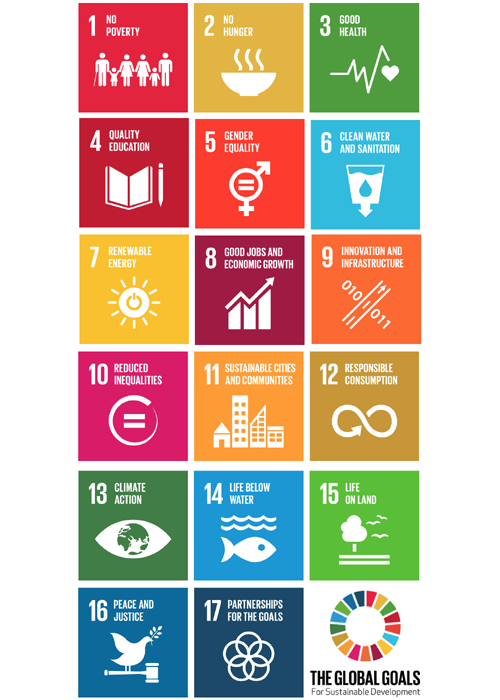
 Salem Social Service Society Sustainable Development Goal
Salem Social Service Society Sustainable Development Goal
Kolping India
Target village specific Information on the problem
The planned project will be executed in Seven Villages Kallanatham, Valaiyamadevi, Pungavadi and Paithur villages of Attur Block in Salem District, viz., 74 Krishnapuram, Yerikadu and N. Kalipatti villages of Gangavalli block in Salem District. The target communities belong to scheduled caste and most backward classes. The identified environmental problems in the villages are open defecation, drainage system in Kallanatham, Payathur and N.Kalipatti.
Project Objectives:
Over all Objective:
- The Partner contributes to combat poverty through capacity building and the promotion of socio economic structures at micro, meso and macro level to improve significantly the quality of living of its target
Objective 1::
- Marginalised Community Groups and Cluster Level Federations in 07 villages* are facilitated with adequate measures for favourable ecology and Integrated Well-being (CW - 1, SWM - 1, OD - 3, CF - 2 villages)
Objective 2:
- The marginalised community groups are inculcated with a culture of Entrepreneurship to initiate the means of production for sustainable livelihood that generates stable income for ………. individual families.
Objective 3:
- Generating Community Ownership through networking, alliance building and advocacy towards protection of sustainable ecology and food security for all.
Objective 4:
- Project partners enhanced their capacities and manage the project more professionally at National, Regional and Community level.
Objective 5:
- Expand livelihood prospects by providing financial aid for purchase of Milch Animal (Milch Animal Support).
Objective 5
- Enabling the youth of the Kolping group members to complete the Vocational/professional Education.
Objective 7:
- Affordable Shelters for the members of Kolping Groups is ensured by the promotion by assistance through loan, grant, and self contribution and availing the related govt. schemes for house construction.
Activities:
- Group Formation Trainings
- Orientation on SHG & Federation Concepts to 14 Kolping Groups in 7 Village Level Trainings
- Training on Leadership for the elected representatives and potential second line leaders from the Kolping groups
- Training on Accounting & Book Keeping for the elected representatives of Kolping groups
- Federation Level Trainings
- Training on Networking Skills for members of 6 Cluster Level Kolping Federations
- Training on Lobbying & Advocacy for the District Level Kolping Federations
- Mass Sensitization program at village level on Water Contamination/ Restoration of Water Bodies/ Cleaning of Water Bodies/ Promotion of Rain Water Harvesting (RWH)/ Tree Plantation/ Solid Waste Mgt/ Segregation of Wastes/ Conventional Farming/ Open Defecation
- Awareness Training on effects of Water Contamination/ Solid Waste Mgt/ Conventional Farming/ Open Defecation to Kolping members
- Skill Training for Kolping Groups on Restoring water bodies/ Construction of RWH structures/ Social Forestry/ Organic Farming/ Construction & Hygienic maintenance of Toilets/ Linkages to Govt. Total Sanitation Scheme.
- Stages of Entrepreneurship Development Program
- Trainings at Cluster Level on Basics of Entrepreneurship
- Training at Cluster Level for Identifying viable enterprises based on interest and aptitude.
- Training for Developing Project proposal on identified viable enterprises
- Skill Training on Collective Income Generation Activities
- Skill training on Linkages with Government & Banking Sector
Schemes:
- Housing Construction (HSP)
- Toilet construction (SAP)
- Vocational Training (VTP)
- Milch Animal (MAP)
- Rain water Harvesting Structure (RWH)
- Individual Income generation programme (IIGP)
- Collective Income Generation programme (CIGP)
- Promotion of Kitchen Gardening
- Death claim

